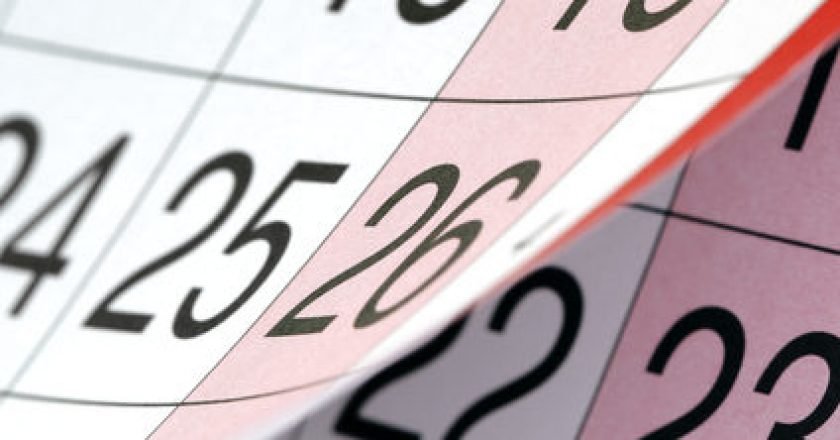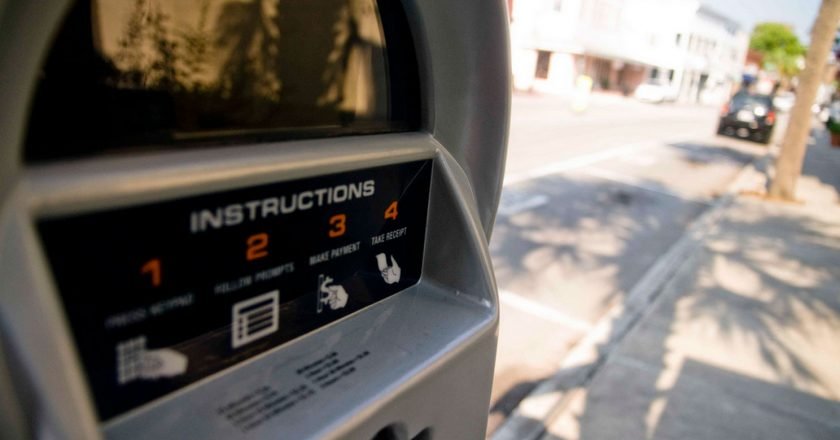The IRS is going through tough times. In recent years, Congress “punished” the agency by providing it a super lean …


The IRS is going through tough times. In recent years, Congress “punished” the agency by providing it a super lean …

Have you (or a member of your family) a gently used party dress that could be up-cycled into a Quinceanera …

Teachers’ union goes nuts again. The latest target of the teacher’s union members’ unhappiness with allowing their skills to be …

Every Friday (that is NOT a Mexican holiday) 11 am – 1 pm; Free beginner and intermediate Spanish Classes at …

While the news of pipeline gasoline thefts has been in the headlines recently, the practice of scamming customers who are …

Germans interested in our wine. A group of Bavarian businessmen visited the wine valley last week in order to analyze …

BY EDGAR GONZALEZ For American students, this time of year is related to the spring break, with all its holiday …

El Cielo Winery, located in the Guadalupe Valley, celebrated last month the contributions of women to the wine and food …


The Friends of the Library have been busy this winter. For years the FOL has realized that much of the …